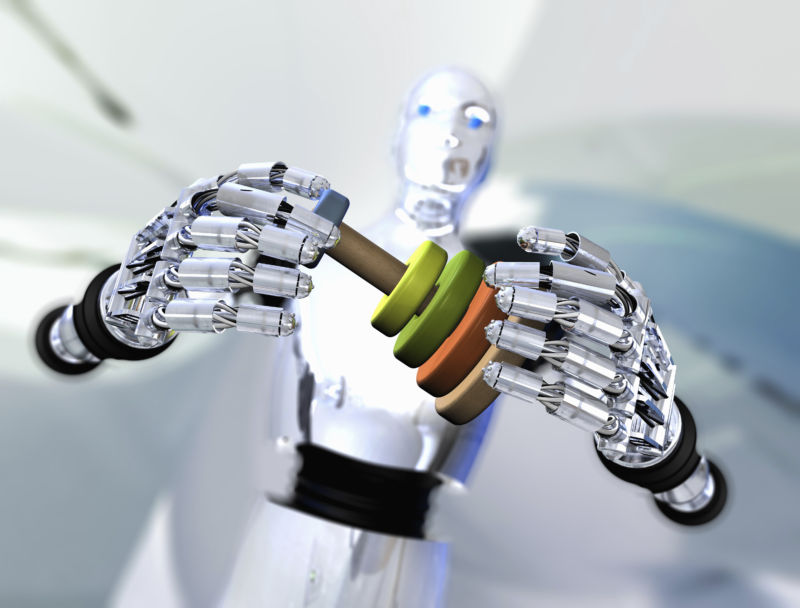Digital transformation: How machine learning could help change business
Ars Technica 2017-09-20

Enlarge (credit: Cultura RM Exclusive/KaPe Schmidt/GettyImages)
Machine learning (ML) based data analytics is rewriting the rules for how enterprises handle data. Research into machine learning and analytics is already yielding success in turning vast amounts of data—shaped with the help of data scientists—into analytical rules that can spot things that would escape human analysis in the past—whether it be in pursuit of pushing forward genome research or predicting problems with complex machinery.
Now machine learning is beginning to move into the business world. But most organizations haven't truly grasped how machine learning will change the way they do business—or how it will change the shape of their organizations in the process. Companies are looking to ML to automate processes or to augment humans by assisting them in data-driven tasks. And it's possible that ML could turn enterprises into vendors—turning lessons learned from their own vast stores of data into algorithms they can license to software and service providers.
But getting there will depend on how machine learning capabilities evolve over the next five years and what implications that evolution has for today's long-time hiring/recruitment strategies. And nowhere is this more crucial than in unsupervised machine learning, where systems are given vast datasets and told to find the patterns without humans having first figured out what the software needs to look for. With minimal pre-task human efforts needed, the scalability of unsupervised machine learning is much higher.